Category: Procedural Law
-
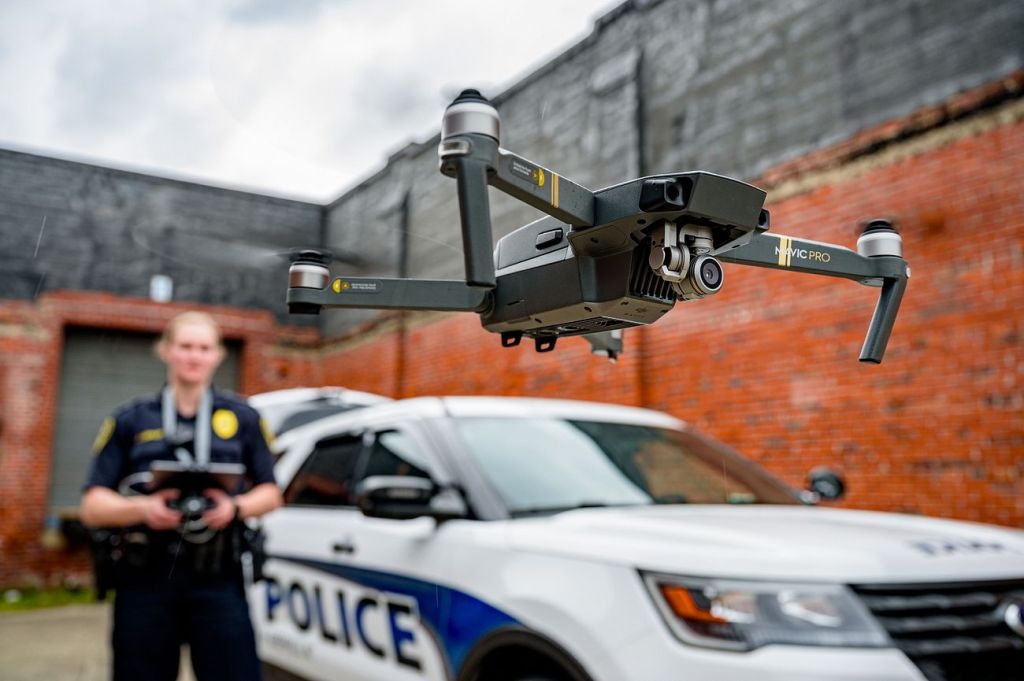
ADMISSIBILITY OF ILLEGALLY OBTAINED EVIDENCE VIS-A-VIS RIGHT TO PRIVACY UNDER ARTICLE 21 OF THE INDIAN CONSTITUTION (GUEST POST)
This is a guest post by the very bright Mr. Ritwik Sharma, Advocate, Delhi. This is in the light of the recent order by the Hon’ble High Court of Chhattisgarh in Aasha Lata Soni v. Durgesh Soni (CRMP No. 2112 of 2022) whereby the Hon’ble Court overturned an application under S. 311 of the CrPC allowed by…
-

Preventive arrest and security proceedings in CrPC (S.107/151 CrPC) and misuse abuse
Context Abuse of the criminal justice machinery is rampant in India. People are often wrongly implicated in criminal cases and deprived of their personal liberty. India – in fact – bears the dubious distinction of being a country with one of the highest number of pending criminal cases (relative to civil cases), where more than…
-
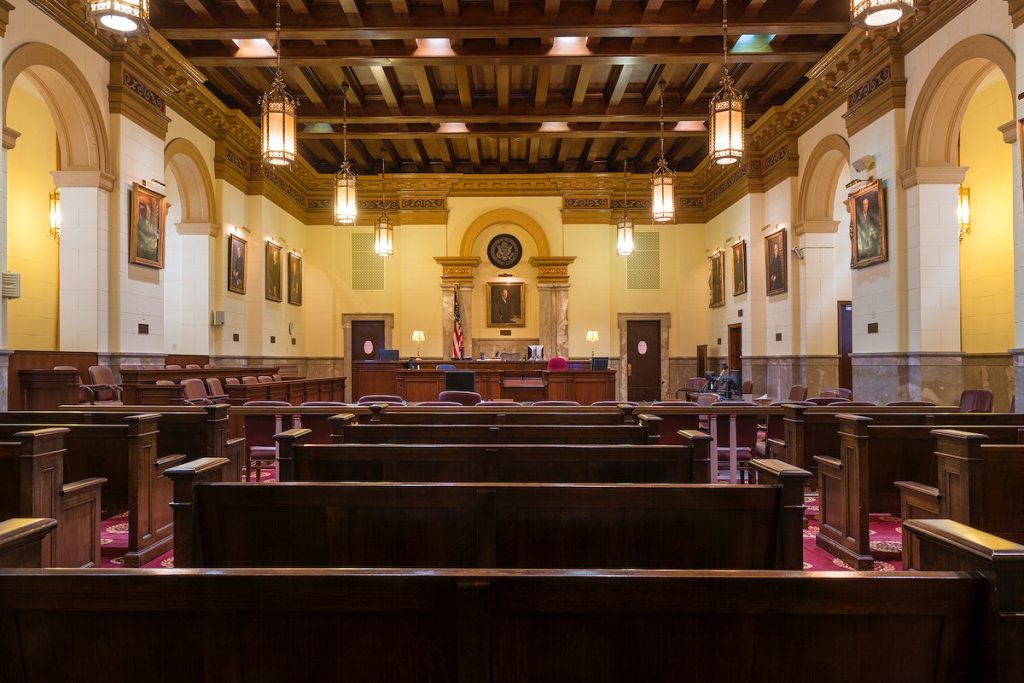
Right of the Victim to be heard in a Revision petition filed by the Accused
Are we still arguing this? Wasn’t this decided already? Well, the answer is Yes AND No. Taking a step back for a moment and frankly speaking – apart from this specific problem, we have indeed come a long way; from the days when a Victim was relegated to being a mere footnote in a criminal…
-
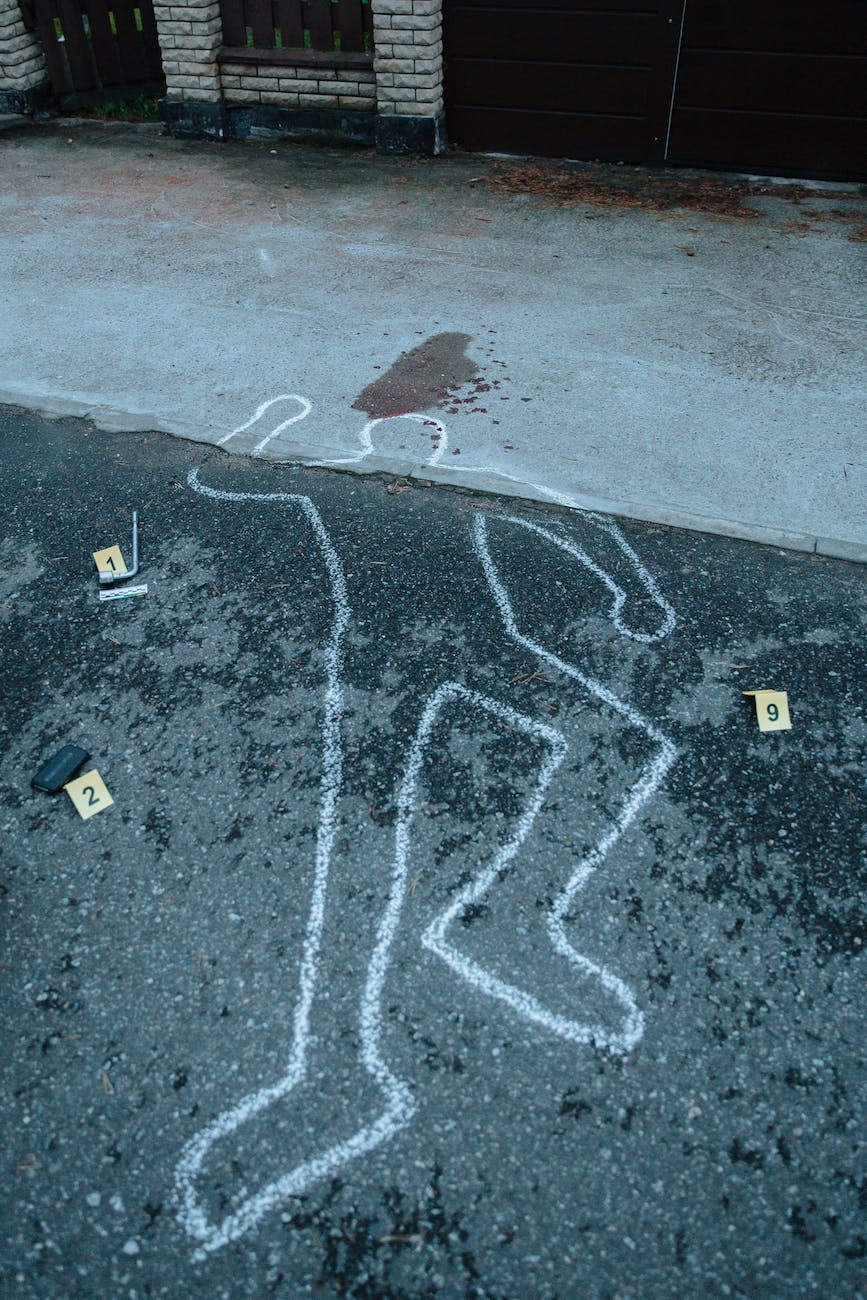
Section 159 CrPC- Rarely used power of Magistrate (Guest Post)
This is a guest post by the very bright Harshit Sharma (https://www.linkedin.com/in/harshit-sharma-hs30/) on a very interesting topic of criminal procedure. Introduction In continuation of my habit of writing I am once again back with an interesting topic. As it is known to the most of people that CrPC (Code of Criminal Procedure) gives Magistrate wide…
-
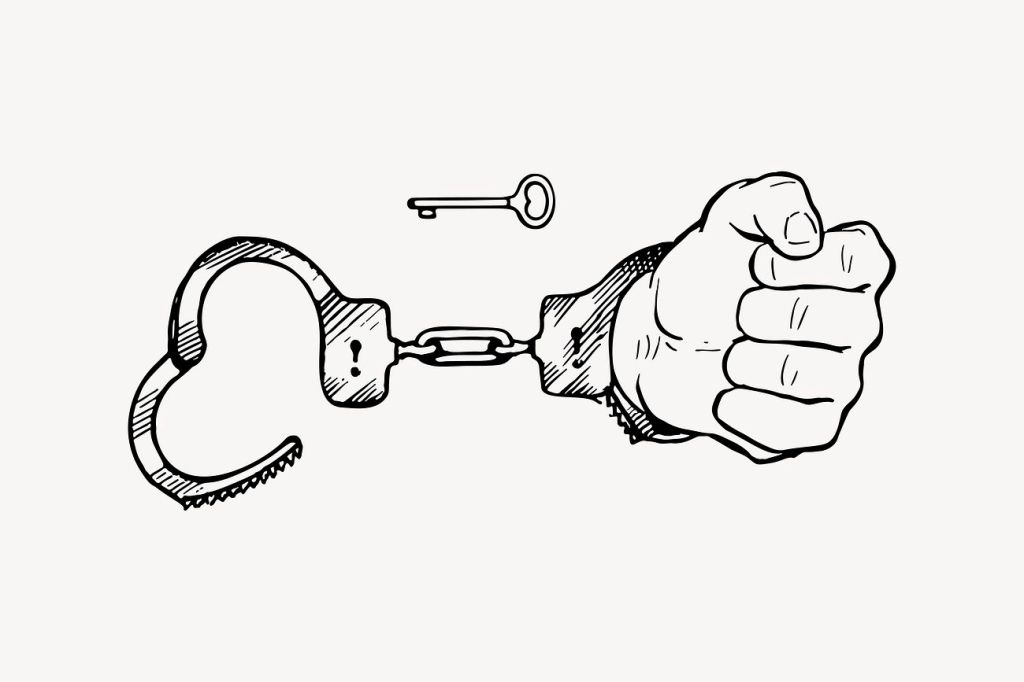
Mandatory to supply grounds of arrest (in writing) to an accused in PMLA case
The Supreme Court on 3rd October, 2023 passed a landmark judgment in the case of Pankaj Bansal v. Union of India. The judgment is on Section 19 of the PMLA which reads as follows: “19. Power to arrest.—(1) If the Director, Deputy Director, Assistant Director or any other officer authorised in this behalf by the…
-
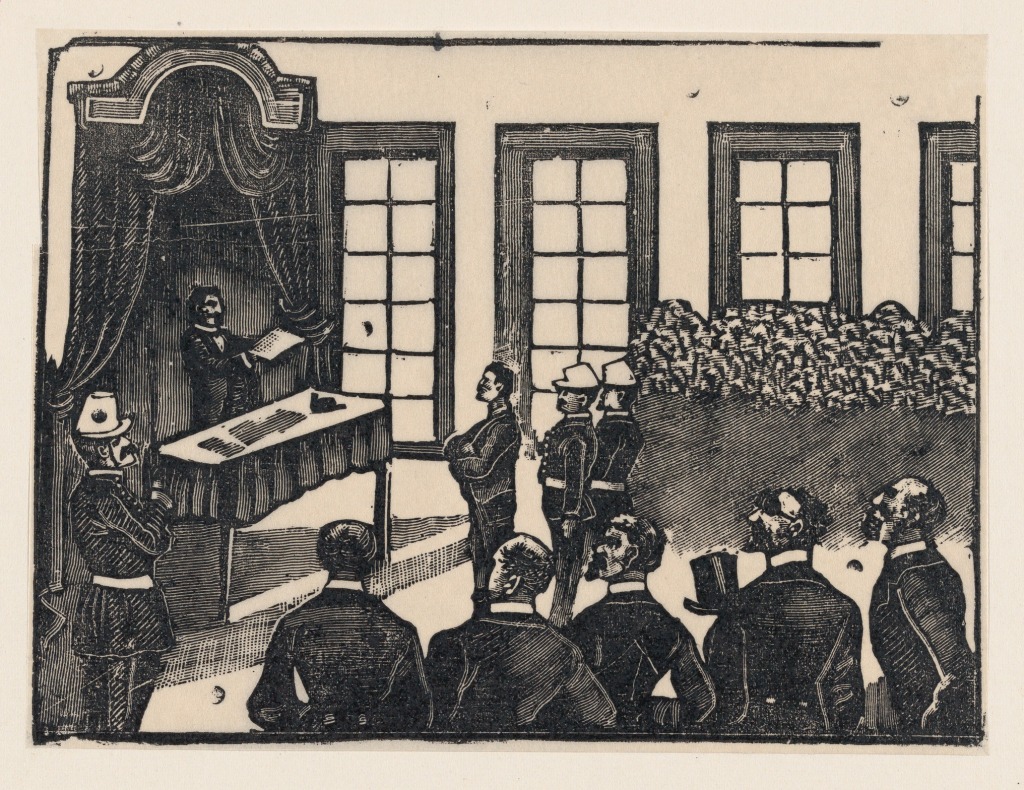
Deferment of cross examination of prosecution witnesses (Defence Counsel diaries)
Weaponisation of the Criminal Justice System and Perjury is rampant in India. False criminal cases are routinely filed to settle scores. In these cases, witnesses, who are often related to each other (and depose on the same set of facts), often depose falsely and parrot the same narrative/story and try to create a pretence of…
-

Whether an accused can be directed to disclose his phone password by the investigators?
Background I’ve written on this subject earlier (see here) and primarily on the Karnataka High Court ruling (“Virendra Khanna”) on the subject. Ruling in Virendra Khanna In Virendra Khanna, the High Court permitted the Investigating agencies to direct the accused to disclose his password, and in case of non-compliance, seek Court’s intervention in that regard.…
-
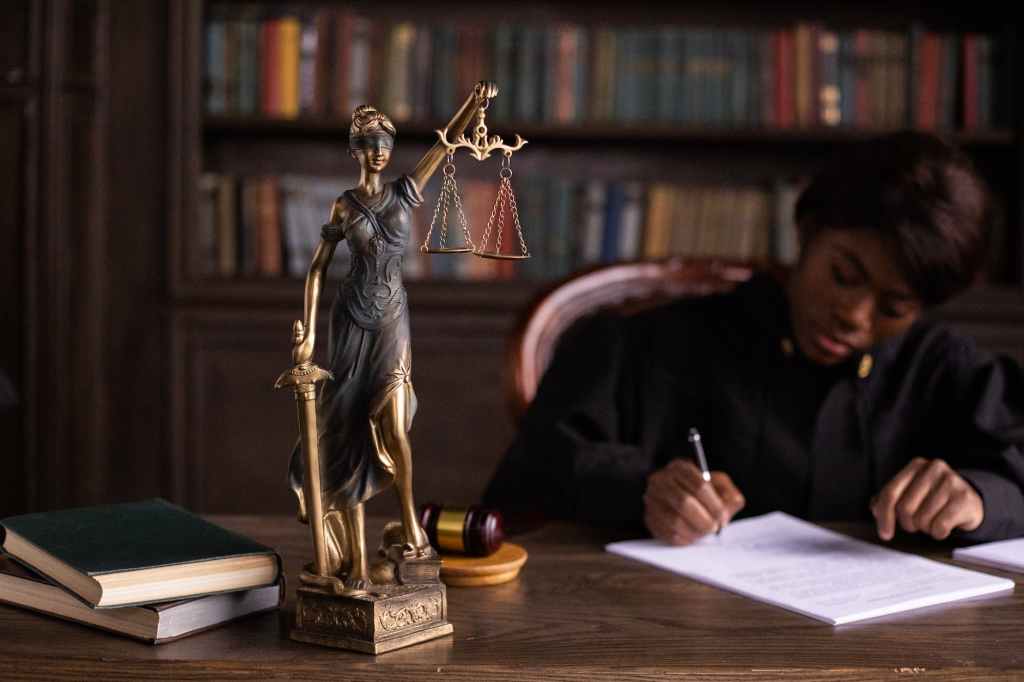
Judicial Magistrate’s Power to take Cognizance of Offence committed beyond his Territorial Limits and in Cases where it acts as a Link Court (Guest Post)
This is a guest post by the very bright young judge Harshit Sharma (https://www.linkedin.com/in/harshit-sharma-hs30/) on a very interesting legal issue. Here’s how it goes Cognizance- Meaning The term cognizance means taking notice of the matter judicially. Taking cognizance is sine qua non for trial. It is not the same thing as issue of process. In so…
-

Suit Dismissed for default, Restoration Application also dismissed for default- What are the Remedies Available?
This is a guest post by the very bright young judge Harshit Sharma (https://www.linkedin.com/in/harshit-sharma-hs30/) on a very interesting topic of civil law. Introduction It is a normal thing in civil courts that civil suits get dismissed for default under Order 9 Rule 8[i] of Civil Procedure Code (CPC) when the plaintiff doesn’t appear when the suit…
-

Defendant’s Claim for Injunction in Suit filed by Plaintiff (A Guest Post by Harshit Sharma)
This is a guest post by the very bright young judge Harshit Sharma (https://www.linkedin.com/in/harshit-sharma-hs30/) on a very interesting topic of civil law. The present article focuses on the regularly encountered situation in trial courts. It is often seen that in a suit by plaintiff where he claims injunction in the connected miscellaneous file through an…